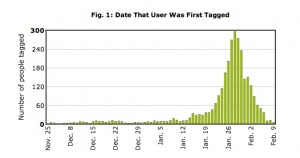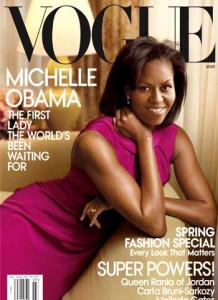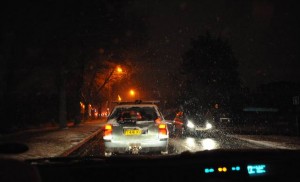Remember those $15 billion valuations of faceBook at the time that Microsoft invested in the company?
Well, here’s a lovely story from Good Morning Silicon Valley
For a company built on the public’s willingness to share ordinarily private information, Facebook itself has been notably tight-lipped on some subjects. The company’s market value? Just let people extrapolate from the 2007 Microsoft investment ($240 million for a 1.6 percent stake equals $15 billion). The price of getting founder Mark Zuckerberg’s former college buddies to stop complaining that he stole their idea? Seal the settlement in closed court and swear all parties to a blood oath of silence. But information wants to be free, and when the only thing standing in its way is a thin film of virtual marker ink, somebody’s going to help it make a break.
See, the problem with using virtual marker ink to black out text in a digital document is that it works only for the printed output. On the original, the text is still there behind the shading, and if you copy and paste it into a new document, you can peel away the veil with no problem. That’s why you wouldn’t want to do this with, say, a sensitive legal document full of redactions. Unfortunately for Facebook, however, the transcript of that settlement hearing was edited in just this fashion, and when the Associated Press was given a digital copy and performed the magic cut-and-paste trick, a much more modest valuation of the company was revealed.
A much more modest valuation. See GMSV for the details.
Tip: never send anybody a .doc. Convert it to text or pdf first. But then you knew that, didn’t you?




